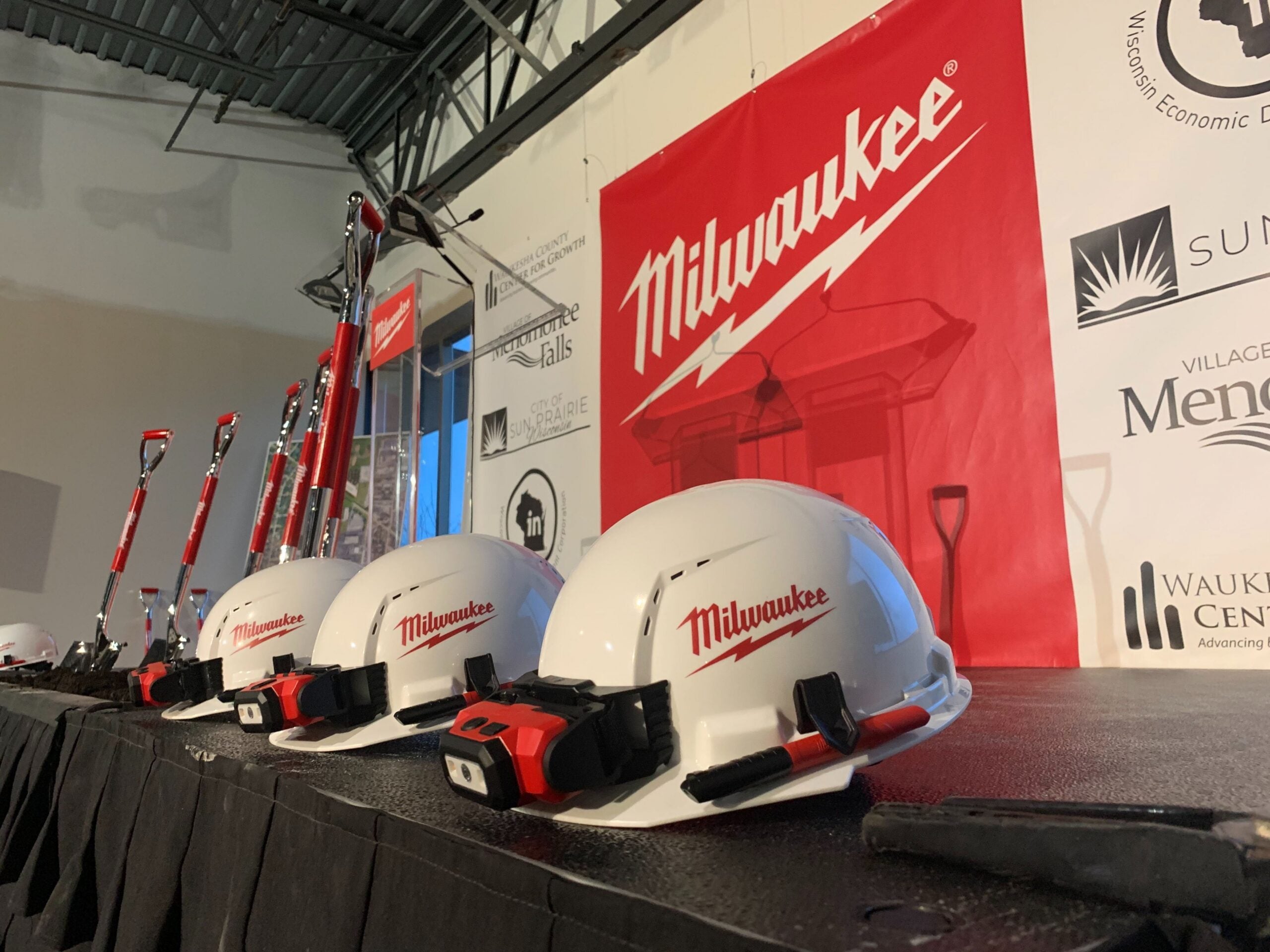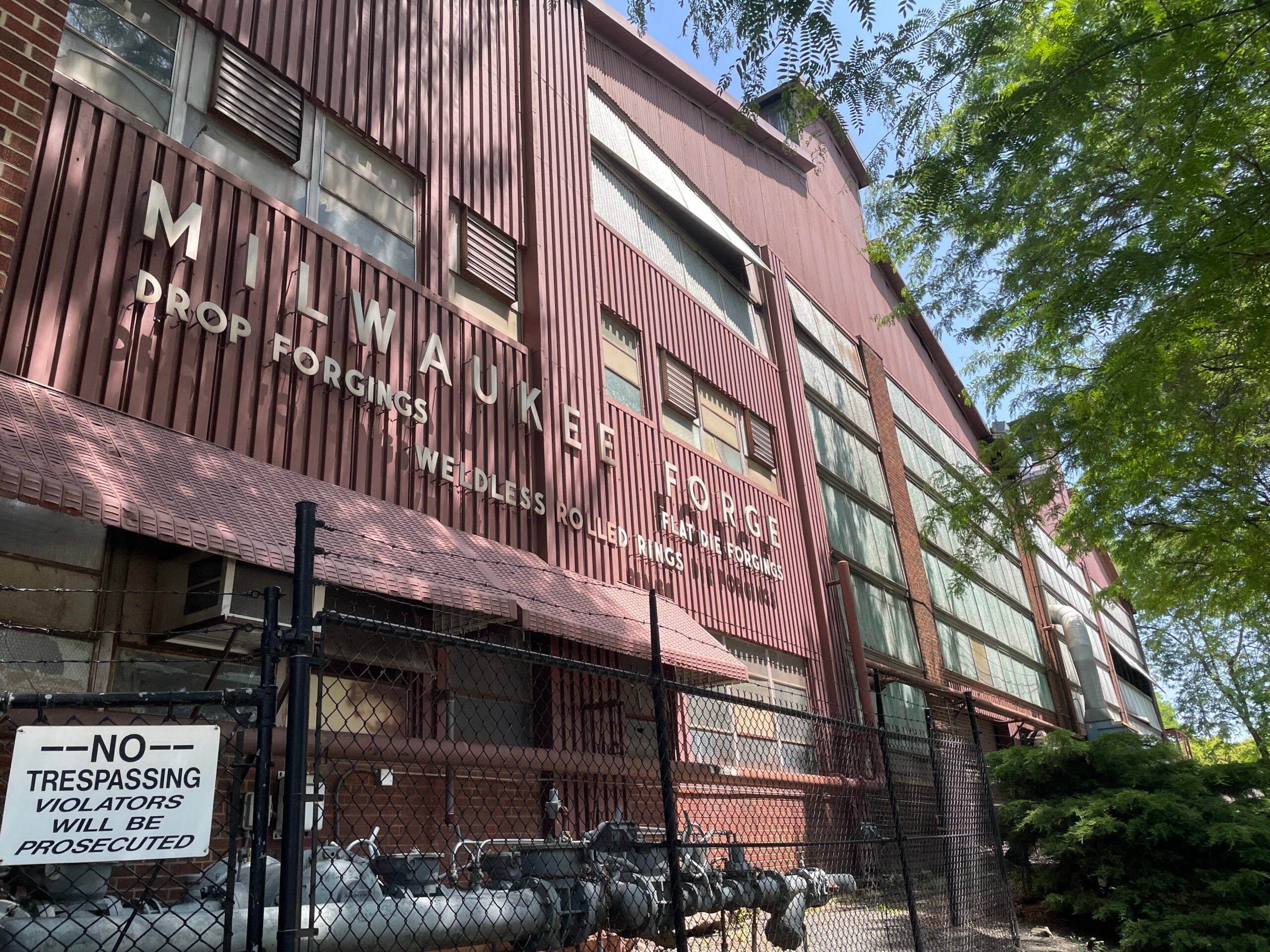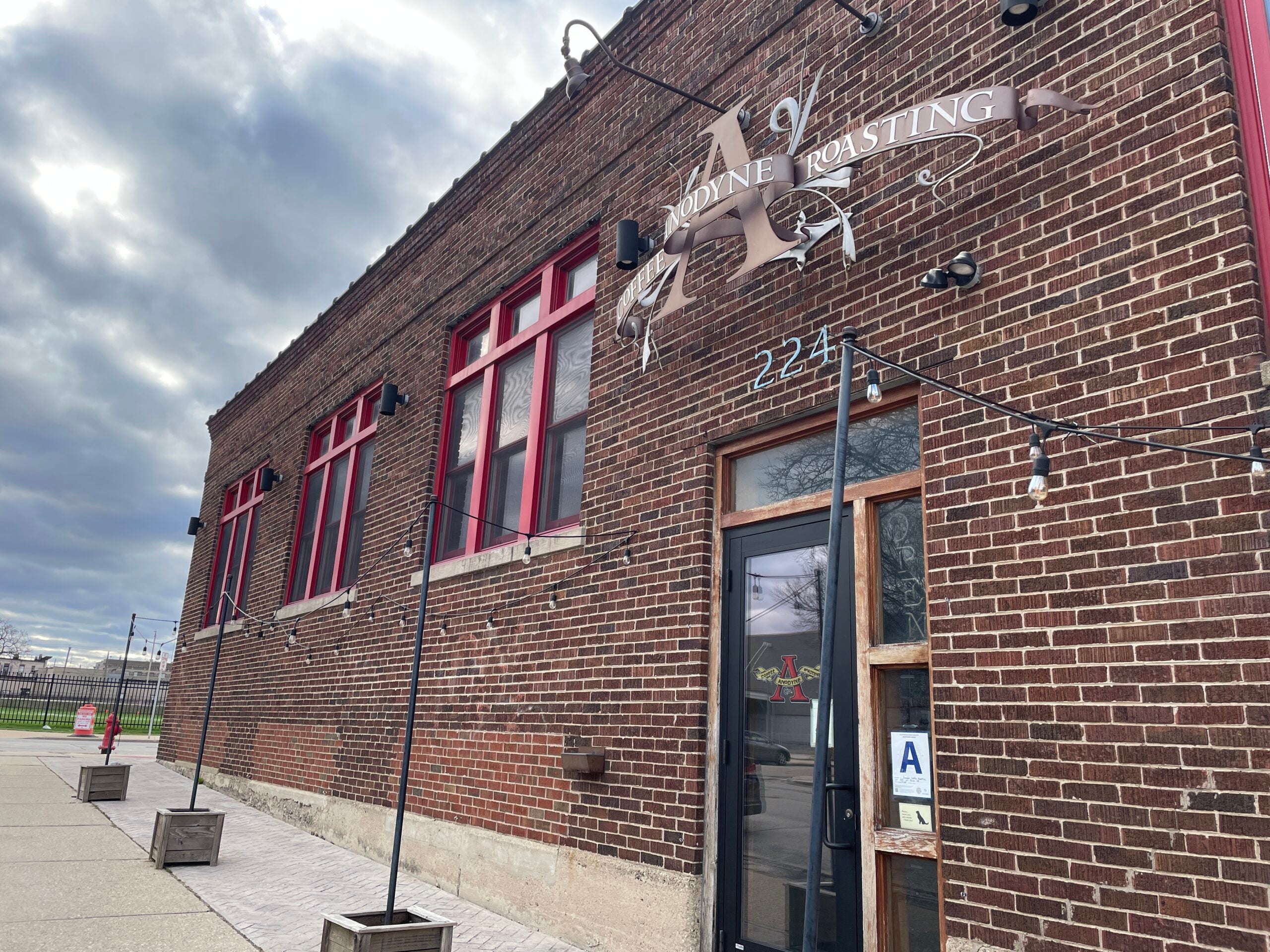A lawsuit alleges that Milwaukee Tool and its parent company purchased work gloves manufactured using forced prison labor in China.
The lawsuit was filed in the Eastern District of Wisconsin on Thursday, on behalf of someone who said they made the gloves while imprisoned in China for human rights activism. That individual is referenced in court documents under the pseudonym of Xu Lun.
The lawsuit claims the company knew or should have known work gloves with the Milwaukee Tool logo were being assembled by forced prison labor.
News with a little more humanity
WPR’s “Wisconsin Today” newsletter keeps you connected to the state you love without feeling overwhelmed. No paywall. No agenda. No corporate filter.
According to the lawsuit, a Milwaukee Tool supplier used forced labor at Hunan Chishan Prison in China. At the prison, individuals were allegedly exploited and forced to do “grueling work” under “humiliating and dehumanizing” conditions.
The lawsuit said inmates were threatened and punished when they refused to work or did not meet their production quotas. The most severe punishments allegedly included beatings and electric shocks.
Some other punishments included being banned from visitation with family, being forbidden from using the bathroom and being placed in solitary confinement, according to court documents.
“The constant threat of physical harm and the loss of autonomy eroded their mental health,” the lawsuit stated, adding it was especially challenging for political prisoners or detained human rights activists. “For them to be then subjected to forced labor for the ultimate benefit of a multibillion-dollar corporation was acutely depressing.”
Milwaukee Tool is owned by Hong Kong-based Techtronic Industries. In a statement, Milwaukee Tool declined to comment on the specifics of the lawsuit, but it did address allegations that work gloves were made using forced labor.
“Despite rigorous investigations, Milwaukee Tool has found no evidence of forced labor in the production of our gloves,” the statement reads. “Our commitment to transparency and accountability is underscored by multiple independent third-party and internal audits, none of which found any indication of such practices.”
China has had a history of using forced prison labor to produce goods. The U.S. Department of Labor has identified at least 16 products made in China using forced labor, including gloves and textiles.
Last year, a Wisconsin Watch investigation found evidence that gloves with Milwaukee Tool branding were made using forced labor by individuals imprisoned at Chishan Prison.
In April, U.S. Customs and Border Protection announced it would block imports of work gloves manufactured by Shanghai Select Safety Products Company. According to the lawsuit, Shanghai Select was the supplier who ordered the Milwaukee Tool gloves from Chishan Prison.
“That Defendants’ gloves were made with forced prison labor at Chishan Prison has been all but confirmed by the U.S. government,” the lawsuit stated.
In their statement, Milwaukee Tool said the company has terminated its relationship with the accused supplier and “ceased sourcing gloves from them.”
“This decision was made independently from these allegations and reflects our company’s process to innovate and upgrade our glove offerings,” the statement reads.
The lawsuit also said Milwaukee Tool and its parent company had reason to know the gloves were made with forced labor by January 2023.
According to the lawsuit, Xu Lun’s legal counsel sent a letter to the company that month about the issue. The lawsuit said they received a response from the company the following month claiming the company’s investigation found no forced labor in its supply chain.
“If Defendants were truly not aware of the use of forced labor prior to January 31, 2023, they were indeed reckless in failing to detect it given they had ample opportunity and the ability to do so,” the suit stated.
In court documents, Xu Lun asked for a jury trial, and asked the court for monetary damages as well as “all other damages allowed by law” for the mental pain, anguish and suffering experienced as a result of the forced labor.
Wisconsin Public Radio, © Copyright 2025, Board of Regents of the University of Wisconsin System and Wisconsin Educational Communications Board.






